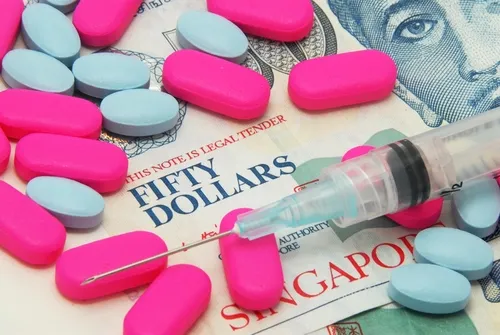
Headwinds in Singapore's pharma industry could hurt revenues
Companies face challenges in clinical trials and intellectual property.
Even as pharmaceutical companies become increasingly important in Singapore, they still face key barriers to market access which could dent their revenues, according to Fitch Solutions.
Fitch Solutions cited the Pharmaceutical Research and Manufacturers of America’s (PhRMA) Special 301 report, which said that the city faces issues in intellectual property (IP) protection, drug formulary listing practices, and conducting of clinical trials.
Whilst Singapore maintains a strong IP protection and enforcement system, it artificially limits patent term restoration (PTR) for biopharmaceutical inventions to the product registration period, even when that registration relies on clinical trials conducted outside of Singapore.
The city also faces issues in drug formulary listing practices in the public sector. “Public healthcare institutions exercise their own autonomy in maintaining independent formulary and subsidy lists with undisclosed evaluation criteria and varied timelines across different hospitals and polyclinics, resulting in fewer treatment options for some patients,” Fitch Solutions said.
Pharma firms also encounter challenges in conducting clinical trials mainly due to high costs and slow speed of setup of clinical trials.
“Besides high administrative and resource costs, patients enrolled in clinical studies are charged at private patient rates. Lack of coordinated setup and infrastructure compounded with already inherent challenges of low patient enrolment and retention are significant obstacles for establishing effective clinical trial research and development,” Fitch Solutions explained.
Addressing these issues becomes more imperative as the pharmaceutical industry is an increasingly important component of Singapore’s manufacturing sector. The number of people working for pharmaceutical companies has increased from 5,142 in 2011 to 7,356 in 2017.
Whilst the value of fixed asset investments has decreased for most industries, a total of $440m was spent by pharmaceutical companies in 2017, up from $197m in 2012.
There are 55 pharmaceutical manufacturing facilities in Singapore, with the majority comprising foreign firms, including many R&D-based companies.


















 Advertise
Advertise


